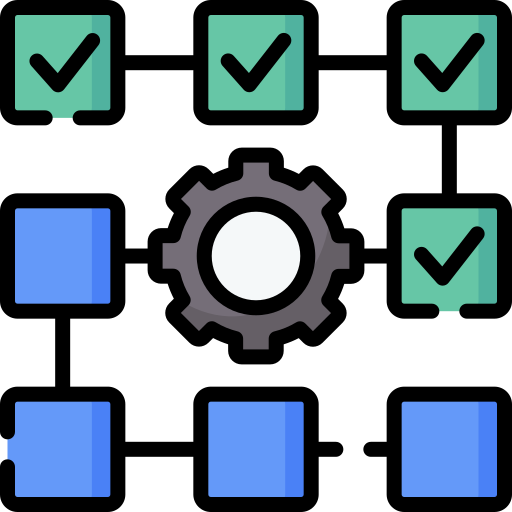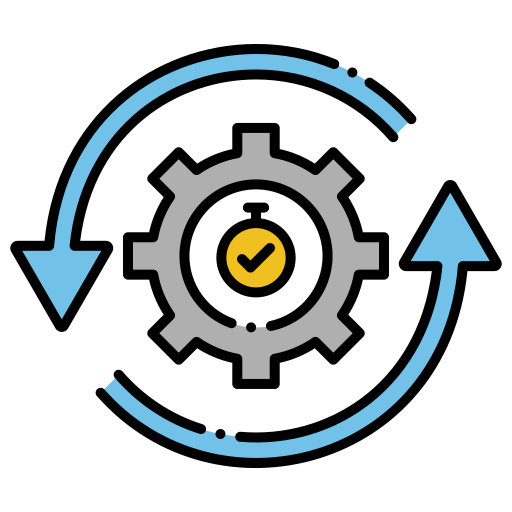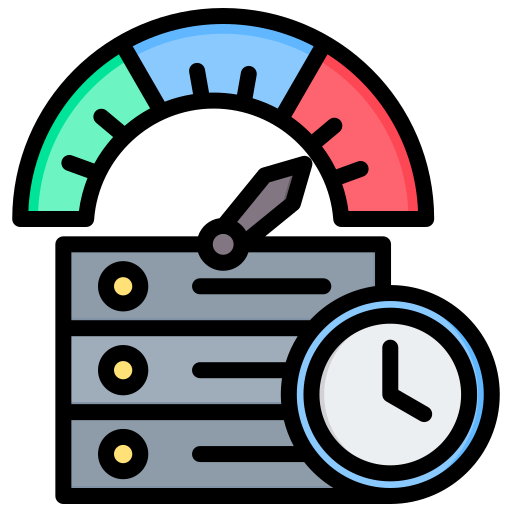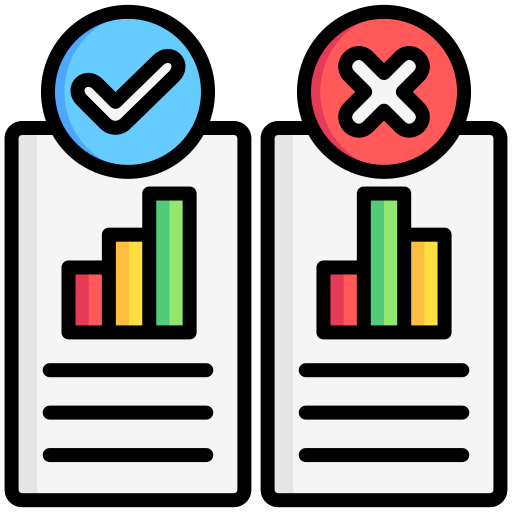
Automation Testing
Automation testing refers to the use of specialized software tools and scripts to automatically execute tests on software applications. It eliminates the need for manual execution of repetitive tasks, improving the efficiency, accuracy, and coverage of testing. Automation testing is typically used for regression testing, performance testing, and repetitive test cases where speed and consistency are crucial.
Benefits of Automation Testing
 Faster Execution
Faster Execution
Automated tests can be run much faster than manual tests, allowing for quicker feedback on software quality.
 Reusability
Reusability
Test scripts can be reused across different versions of an application, saving time and effort when testing repeated functionalities.
 Increased Coverage
Increased Coverage
Automation allows you to run a larger number of test cases in a shorter time, covering more scenarios and configurations.
 Consistency
Consistency
Automated tests execute the same way every time, reducing the risk of human error that can occur in manual testing.
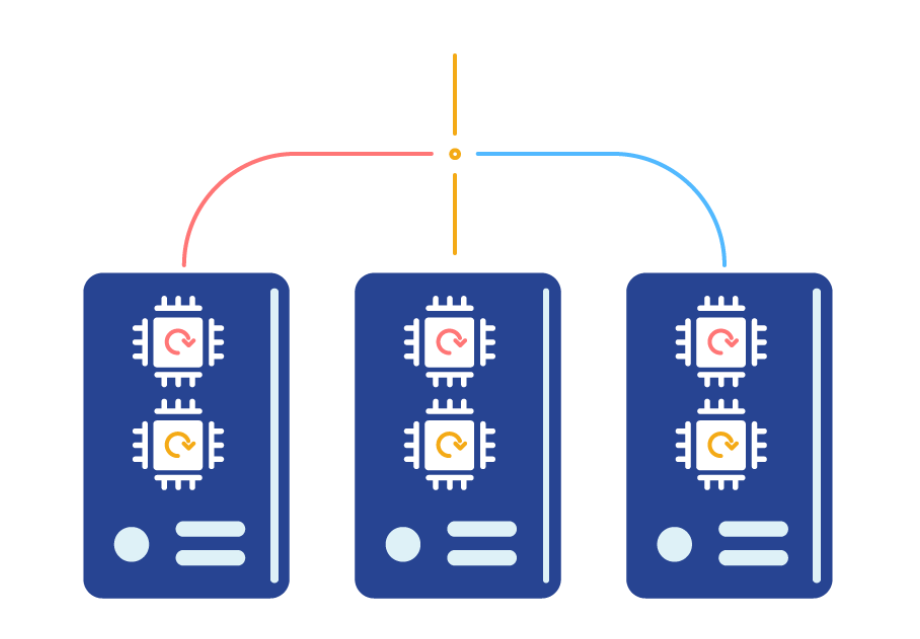 Parallel Execution
Parallel Execution
Tests can be executed on multiple environments, platforms, or browsers simultaneously, improving test efficiency.
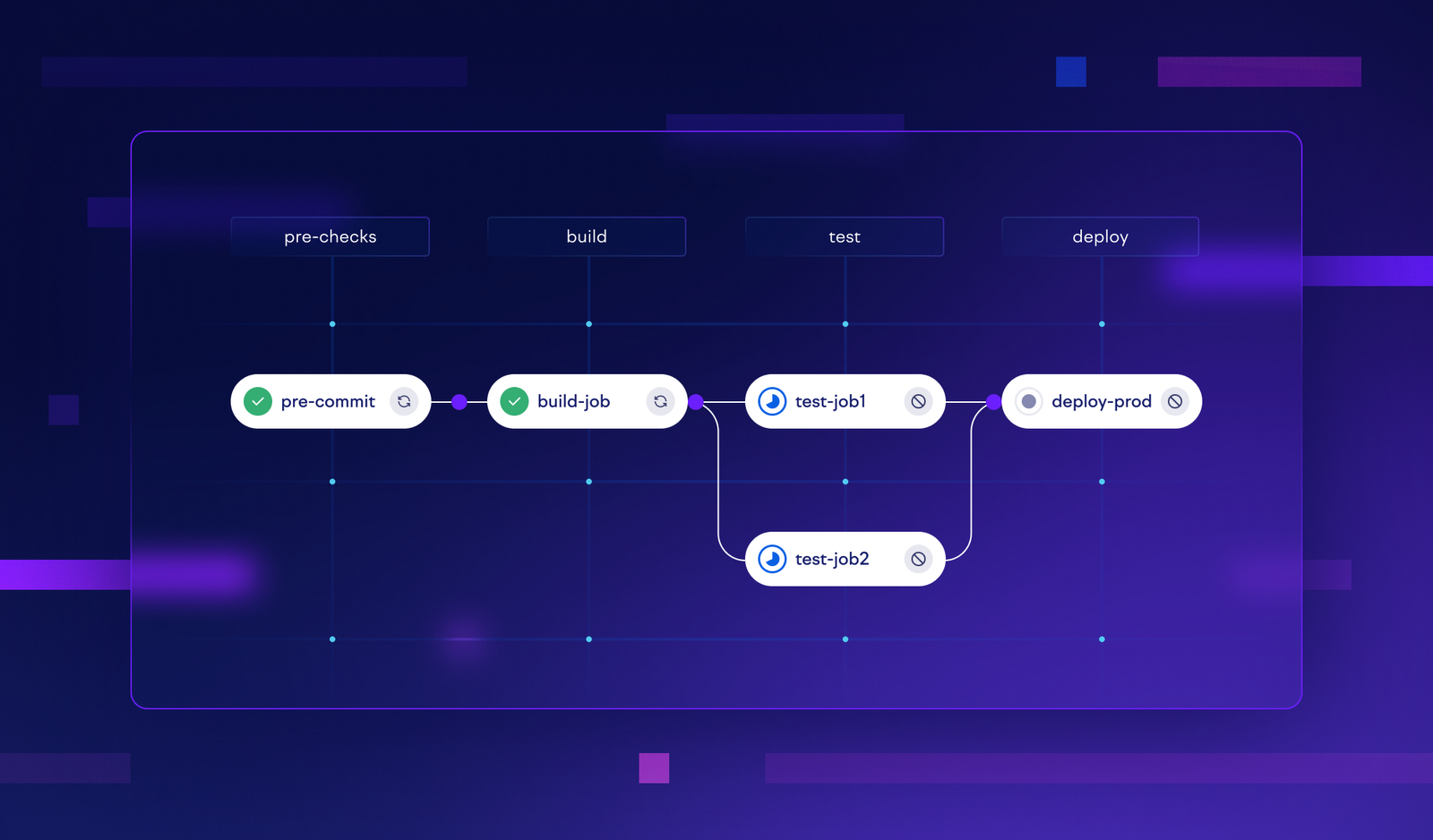 Continuous Integration (CI)
Continuous Integration (CI)
Automation integrates seamlessly with CI/CD pipelines, enabling continuous testing throughout the software development lifecycle.
